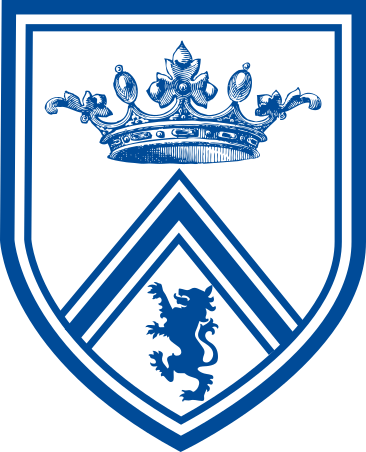GEOGRAPHY
Please click on the links below:
What is Geography Education about?
Geography allows our students to understand how our dynamic world functions, the impacts the world has on our lives and the impact our lives have on the world.
What do we teach in Geography and why?
Through our KS3 curriculum students will gain the skills to explore these links. Introducing them to enquiring investigative tools such as maps, fieldwork and the use of innovative geographical information systems.
Our students will follow the national curriculum to study a range of topics chosen to reflect their physical and human world at personal, local and global scales; enabling an understanding and appreciation of the diversity in landscape, peoples and cultures. Topics from development to ecosystems and weather to the geography of sport. Each year finishes with a synoptic regional study.
At GCSE we follow the OCR B specification studying physical topics such as distinctive landscapes, global hazards, sustaining ecosystems and changing climate; for human geography we study Uk in the 21st century, urban futures, dynamic development and resource reliance. We complete field work at Walton on the Naze and Canary Wharf.
At A level we follow the Edexcel specification further refining and deepening our understanding of the world studying physical units such as tectonic processes and hazards, Landscape systems, processes and change with a focus on coastal landscapes, The water cycle and water security and the carbon cycle and energy security; for human geography we study globalisation, regeneration with a focus on Enfield, Superpowers and global development and connections focusing on health, human rights and intervention.
What does Geography enable our students to do?
These transferable geographical skills and knowledge of our world help to equip our students for lifelong learning as successful, responsible global citizens.
How is the curriculum structured in Geography?
KS3 7&8 receive two lesson a week.
KS 3 9 study up until Easter after which they begin their GCSE options.
KS4 9,10,11 receive five lessons a fortnight.
KS5 12 & 13 receive five lessons a week.
What are the links between Geography and other subjects?
- English – literacy and Literature
- History – Colonialism
- Science – Biology, Chemistry, Physics
- Maths – Numeracy, Statistics, Data analysis
- Business – Global development
- Economics – Global development
- Citizenship – Human geography
- Politics – Geopolitics
- Sociology – Human geography
- PE/Sport – Geography of sport, Orienteering
- RE – Culture
- Art – Culture, Field sketches
What specifications do we follow?
GCSE: OCR J384
A-LEVEL: Edexcel (9GE0)
What are the future careers students can take when they study Geography?
Geography students are actually some of the most employable, according to the Higher Education Careers Services Unit data. 2018/19 results reveal that 90% of Geography graduates were employed or completing further study six months after graduation.
The varied skill-set Geography students make them highly attractive to employers from all types of industries, so whether you're choosing a career in geography or wish to apply your skills to another career, Geography grads, the world is your oyster.
- Cartographer.
- Commercial/residential surveyor.
- Environmental consultant.
- Geographical information systems officer.
- Planning and development surveyor.
- Secondary school teacher.
- Social researcher.
- Town planner
- Engineer
- Architect
What extra-curricular activities can students take part when you study Geography?
- Environmental Club








